Home
Conservative MPs set about finding two candidates for the party leadership to be put to party members as rival choices. Theresa May proved the frontrunner, gaining 165 votes in the first round, with Liam Fox least fancied, being eliminated in the first round with 16 votes, and Stephen Crabb gaining 34 and throwing in the towel. Boris Johnson, having been forced out of the contest by the sudden entry of his presumed supporter Michael Gove (who attracted 48 votes in the first round), gave his backing to the next most popular woman candidate among MPs, Andrea Leadsom, who polled 66. Mrs May said that the position of British citizens in the EU and those from the EU in Britain would be an issue in the negotiations with the EU. Mrs Leadsom undertook to guarantee the rights of EU citizens already living and working in Britain. Mrs May urged a Commons vote on replacing Trident before the summer recess on 21 July. An outbreak of Escherichia coli O157 infection hit 109 people in England and was blamed on salad.
Nigel Farage said he was to resign as leader of the UK Independence Party, because his ‘political ambition has been achieved’. The party’s sole MP, Douglas Carswell, tweeted a smiley face at the news. Jeremy Corbyn continued to resist advice from Labour MPs and bigwigs to resign as party leader. At a press conference attended by Mr Corbyn for a report into anti-Semitism in the Labour party, a Jewish Labour MP, Ruth Smeeth, was accused from the floor by a supporter of the Momentum movement, Marc Wadsworth, of working ‘hand in hand’ with the Daily Telegraph, provoking her into walking out. Labour’s National Constitutional Committee is to consider charges against Ken Livingstone of bringing the party into disrepute. George Osborne, the Chancellor of the Exchequer, said he planned to cut corporation tax to less than 15 per cent. Standard Life, Aviva and M&G suspended dealings in their property funds, which had been hit by uncertainty over the British exit from the EU.
Sir John Chilcot published his report, 2.6 million words long and seven years in the making, of the inquiry into the invasion of Iraq and subsequent events, up to 2009. He said that the central lesson was to make it impossible ‘in future to engage in a military or indeed a diplomatic endeavour on such a scale and of such gravity without really careful challenge analysis and assessment and collective political judgement’. Junior doctors in England voted to reject the contract offered to them by the government, which they had been recommended to accept by the BMA, whose junior doctor leader, Johann Malawana, immediately resigned. The government said it was ‘minded’ to impose the contract. Sir Geoffrey Hill, the poet, died, aged 84. Caroline Aherne, the comic actress who co-wrote The Royle Family, died aged 52.
Abroad
In Baghdad, 250 were killed and hundreds wounded when a lorry full of explosives blew up in Karrada, a crowded shopping area; Islamic State said it was behind the bombing. In Saudi Arabia, suicide bombers struck outside the Prophet’s Mosque in Medina (where Mohammed is buried), killing four guards, and in Jeddah and Qatif, where only the perpetrators died. Tanzania banned the smoking of hubble-bubbles.
Hungary will hold a referendum on 2 October on whether to accept mandatory EU quotas for relocating migrants, which the government opposes. Austria’s constitutional court annulled the presidential election in which the Freedom party candidate was defeated by 30,863 votes; new elections were set for 2 October. Australia’s general election hung in the balance. Elie Wiesel, the writer who had been held in Nazi concentration camps as a teenager, died, aged 87. Oscar Pistorius, the South African athlete, was sentenced to six years in prison for the murder of his girlfriend in 2013. Silvio Berlusconi, the former prime minister of Italy, said that he had sold AC Milan to Chinese investors.
The FBI said it would not recommend criminal charges against Hillary Clinton, who hopes to become President, over her use of private email while she was Secretary of State, but said she had been ‘extremely careless’ in handling classified information. US drone and airstrikes have killed between 64 and 116 civilians outside war zones since 2009, the White House says, a number fewer than the estimates of some campaigners. The Mexican air force flew 108 tons of maize into Oaxaca state to beat roadblocks set up by protesting teachers. Arturo, a sad-looking polar bear, died in Mendoza zoo, Argentina, aged 30. CSH.
The post Portrait of the week appeared first on The Spectator.
Got something to add? Join the discussion and comment below.
Get 10 issues for just $10
Subscribe to The Spectator Australia today for the next 10 magazine issues, plus full online access, for just $10.
You might disagree with half of it, but you’ll enjoy reading all of it. Try your first month for free, then just $2 a week for the remainder of your first year.

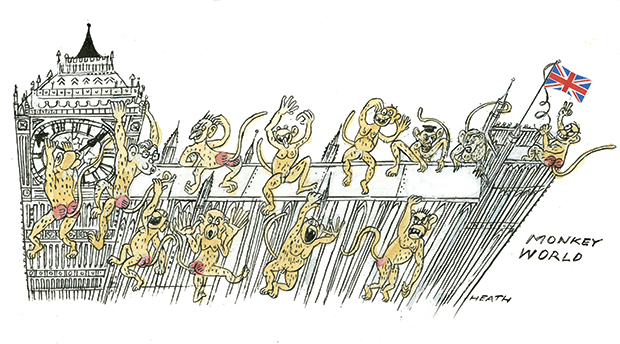

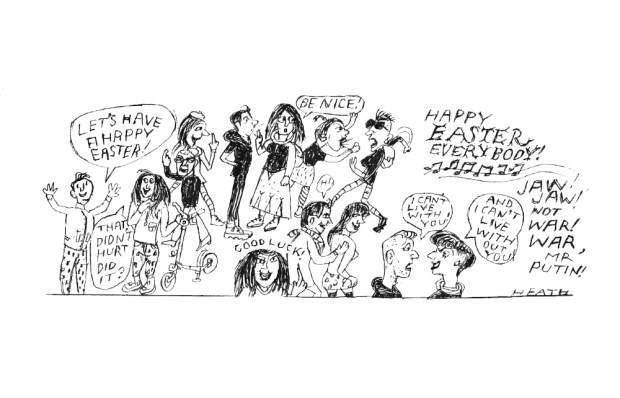
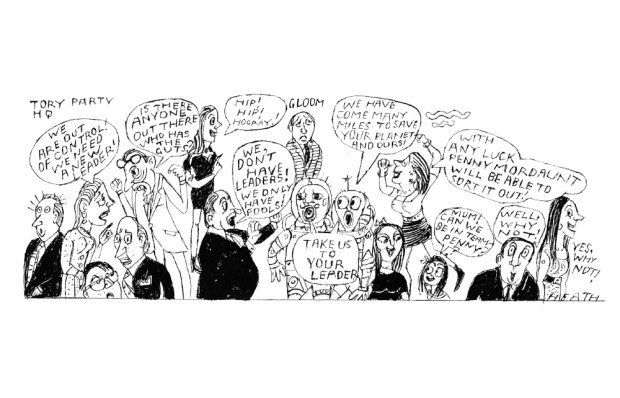
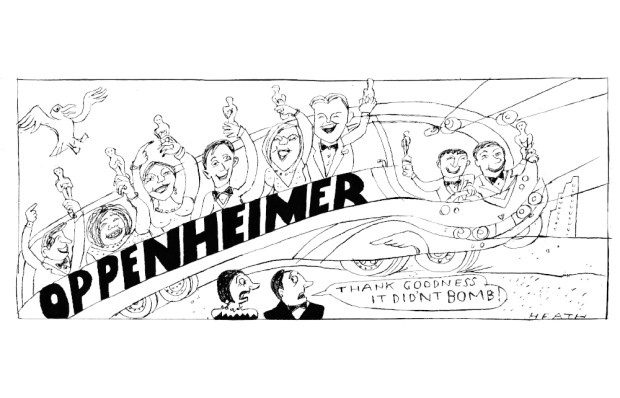
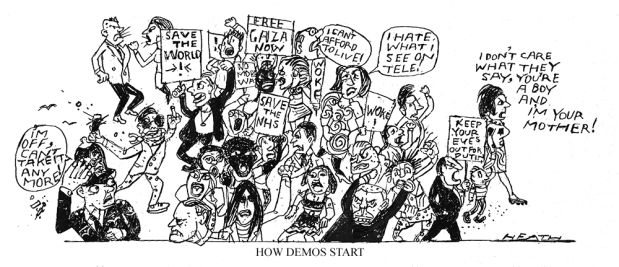
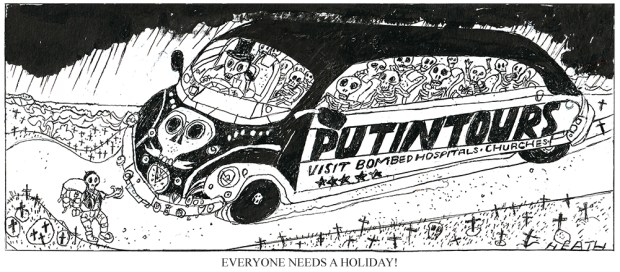






Comments
Don't miss out
Join the conversation with other Spectator Australia readers. Subscribe to leave a comment.
SUBSCRIBEAlready a subscriber? Log in